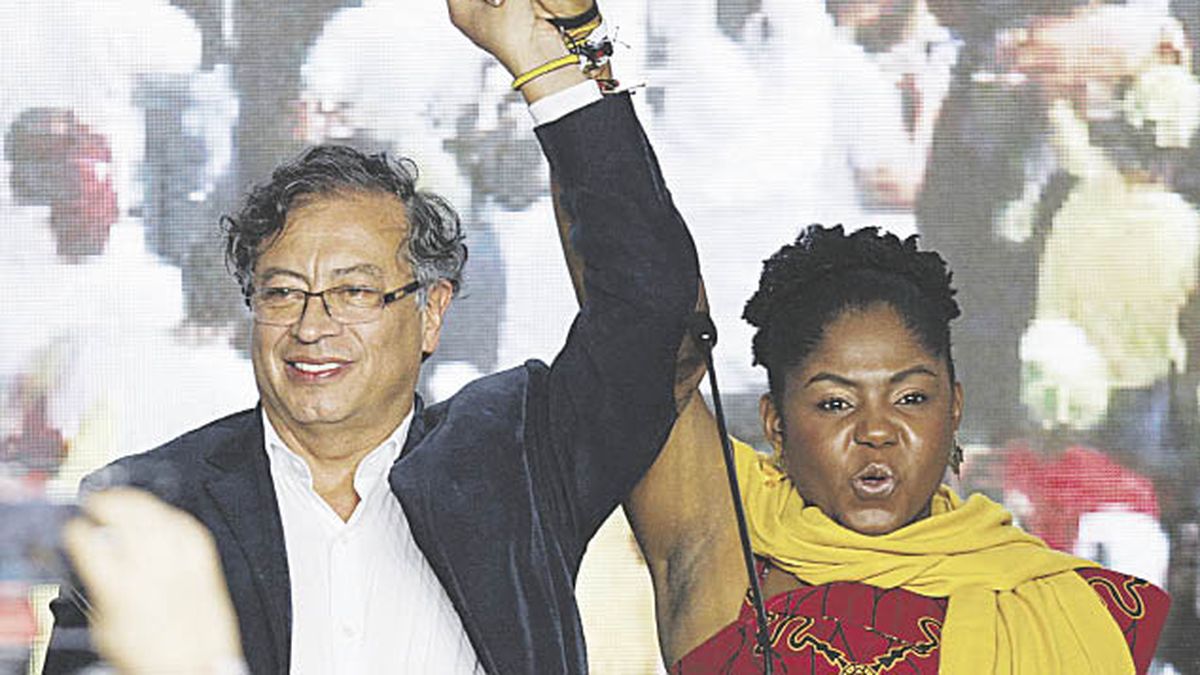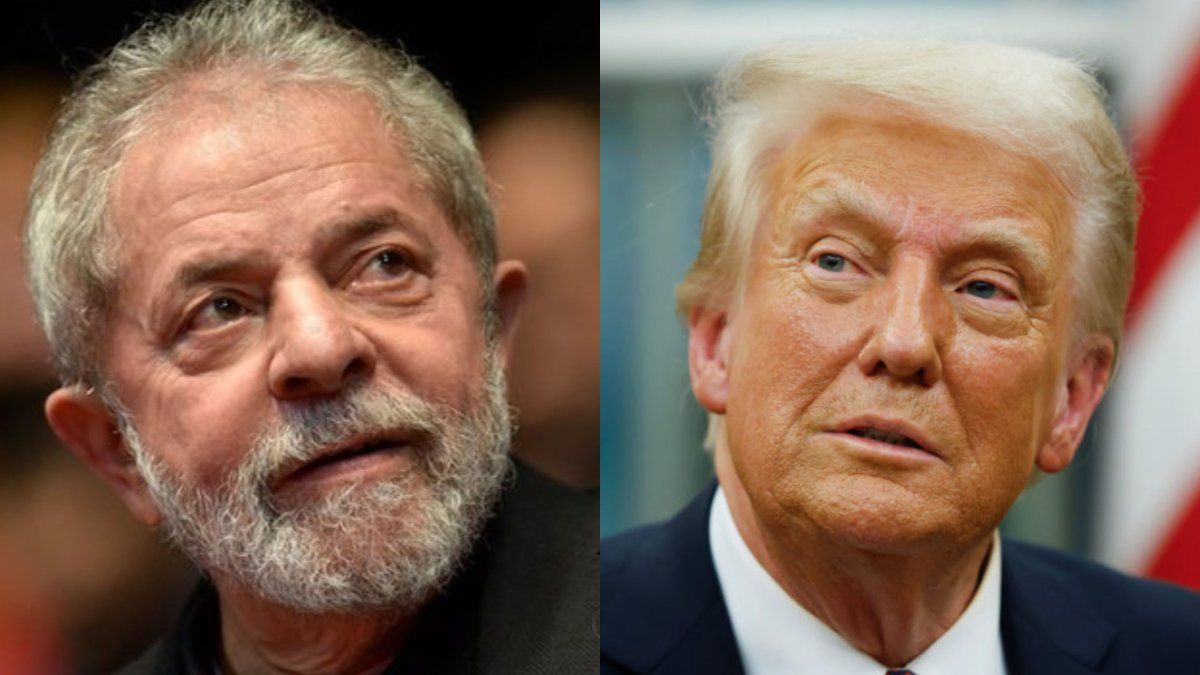The senator and former guerrilla surpassed his rival by 716,201 votes, according to the scrutiny of 99.4% of the votes. “Today is a holiday for the people. Let him celebrate the first popular victory on the day of the streets and squares, ”the president-elect wrote on Twitter when celebrating his victory.
In a convention center in downtown Bogotá, his followers exploded with joy. “I celebrate because we are finally going to have a change, this is something that the territories expected, this shows that there is hope,” said Lusimar Asprilla, a 25-year-old African academic.
Colombia thus enters a new political era without a government of the traditional parties, defeated in the first round in which the leftist party also won.
The two candidates arrived at the ballot tied in voting intention. A very tight result was feared that would trigger protests due to the suspicions of fraud that Petro fueled during the day.
The leftist will succeed conservative Iván Duque as of August 7 for a four-year term. The environmentalist leader Francia Márquez will also make history after being elected as the first Afro-descendant vice president of Colombia.
In a live broadcast on Facebook, Hernández accepted the result. “I wish Dr. Gustavo Petro that he knows how to lead the country, that he be faithful to his speech against corruption,” he said.
Around 39 million voters were called to go to the polls voluntarily, in a highly polarized environment.
P14-02-reuters_opt.jpeg
Harshly repressed, the protests of 2019, 2020 and 2021 reflected a profound discomfort in the face of inequality and lack of opportunities, mainly for young people, and fueled the decline of the Duque government and later that of the traditional forces.
The pandemic worsened poverty, which today reaches 39% of the 50 million Colombians. Unemployment is around 11% and informality 45%.
Also confronting drug trafficking and associated violence, with various armed groups expanding throughout the territory, will be challenges for the next government.
Petro and Hernández came to this election with two proposals for rupture and change, but with opposing models.
The winner of the elections proposes to strengthen the State, transform the health and pension system, and suspend oil exploration to make way for clean energy in the face of the climate crisis.
“The country needs social justice to be able to build itself in peace, that is, less poverty, less hunger, less inequality, more rights. If you don’t do that, the violence deepens,” says Petro.
Also in the campaign, he announced that he will reestablish relations with Venezuela, broken since 2019, will implement the 2016 peace agreement with the extinct FARC and will dialogue with the National Liberation Army, the last recognized guerrilla in the country.
However, Petro will have to seek alliances in Congress to promote the economic and social reforms to which he committed himself, because he does not have a majority despite the good vote that the left achieved in the legislative elections in March.
“Petro will not have a majority in Congress, since the two chambers of the legislative branch are fragmented. Therefore, it is unlikely that radical reforms will be approved in the next four years,” said analyst Daniela Cuéllar of FTI Consulting.
“The legislative branch will serve as an important check and balance on the more radical Petro proposals. Colombia’s institutional strength and rule of law appear to be solid enough for the country to maintain economic stability,” he added.
Powerful sectors and the Armed Forces resist Petro because of his past and his reform projects, which they fear will affect private property and lead the country towards a failed socialism.
With yesterday’s result, the military will have to swear allegiance to a former guerrilla in a country traumatized by a six-decade conflict with far-left rebels.
After a conflictive mandate as head of the Bogota mayor’s office, Petro will have to prove that he is capable of working as a team to govern the country and reach consensus. He has a “personality that many associate with intransigence, stubbornness and with an ego that limits dialogue,” says the political scientist at the Javeriana University Patricia Muñoz.
Source: Ambito
David William is a talented author who has made a name for himself in the world of writing. He is a professional author who writes on a wide range of topics, from general interest to opinion news. David is currently working as a writer at 24 hours worlds where he brings his unique perspective and in-depth research to his articles, making them both informative and engaging.




